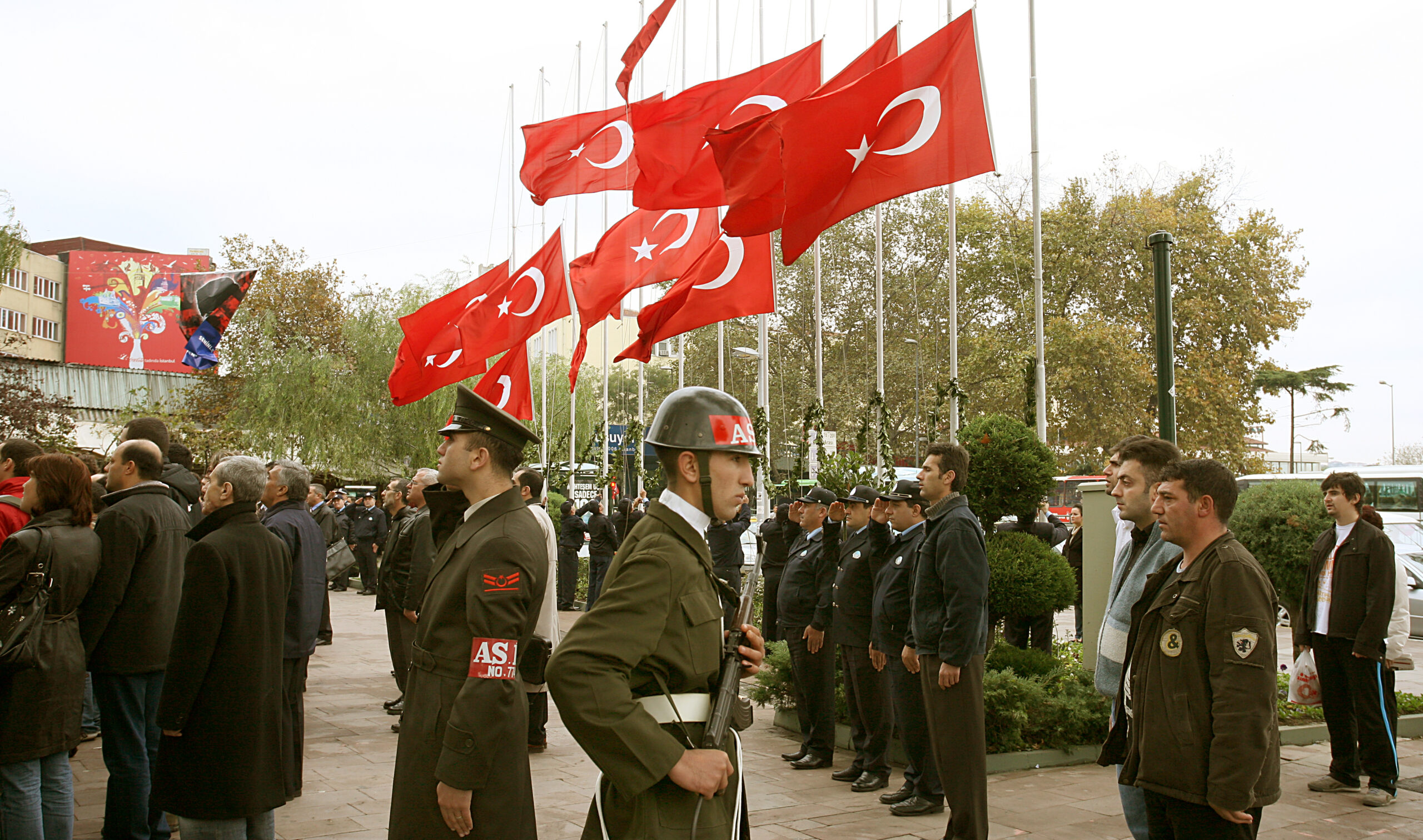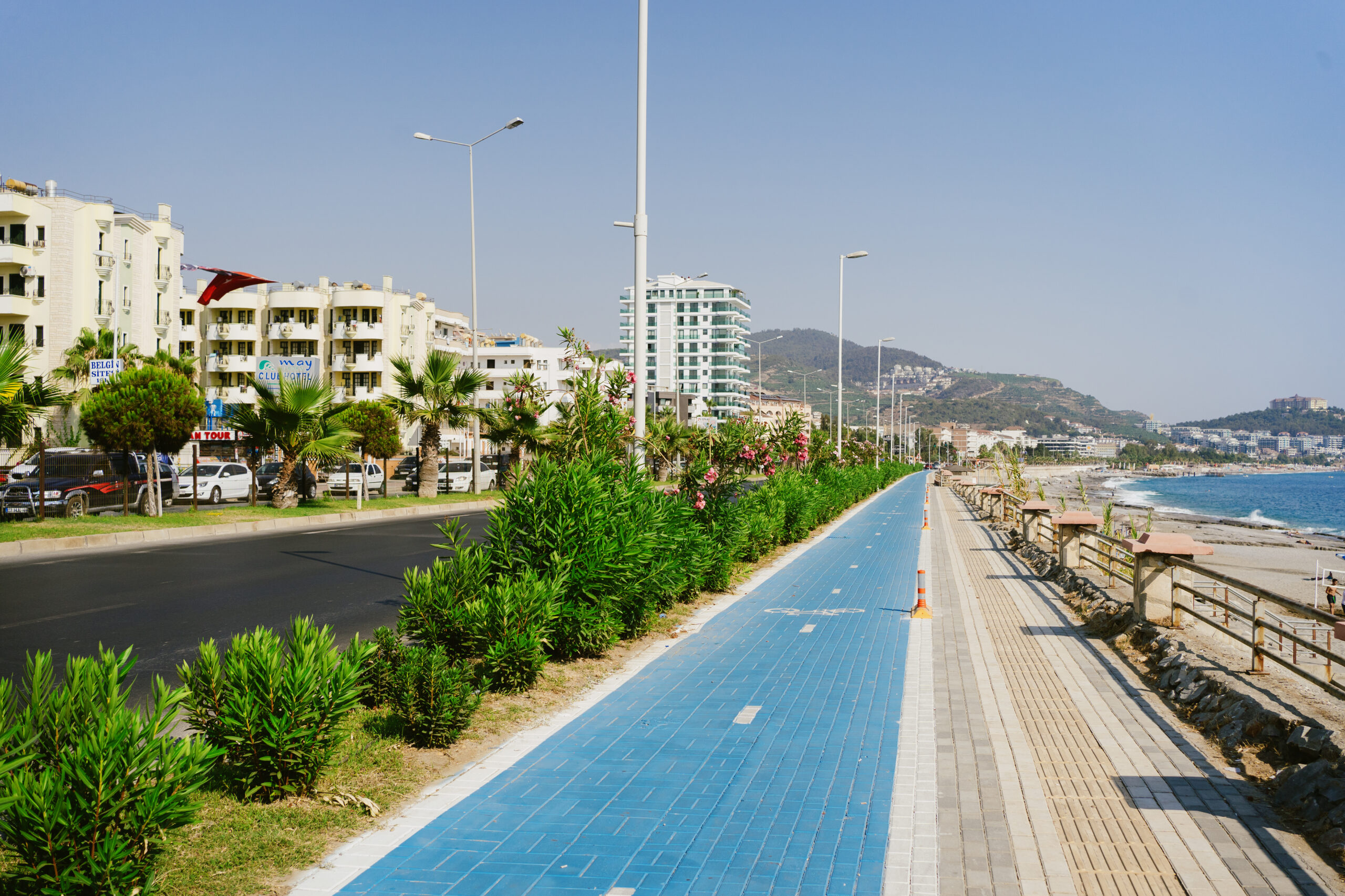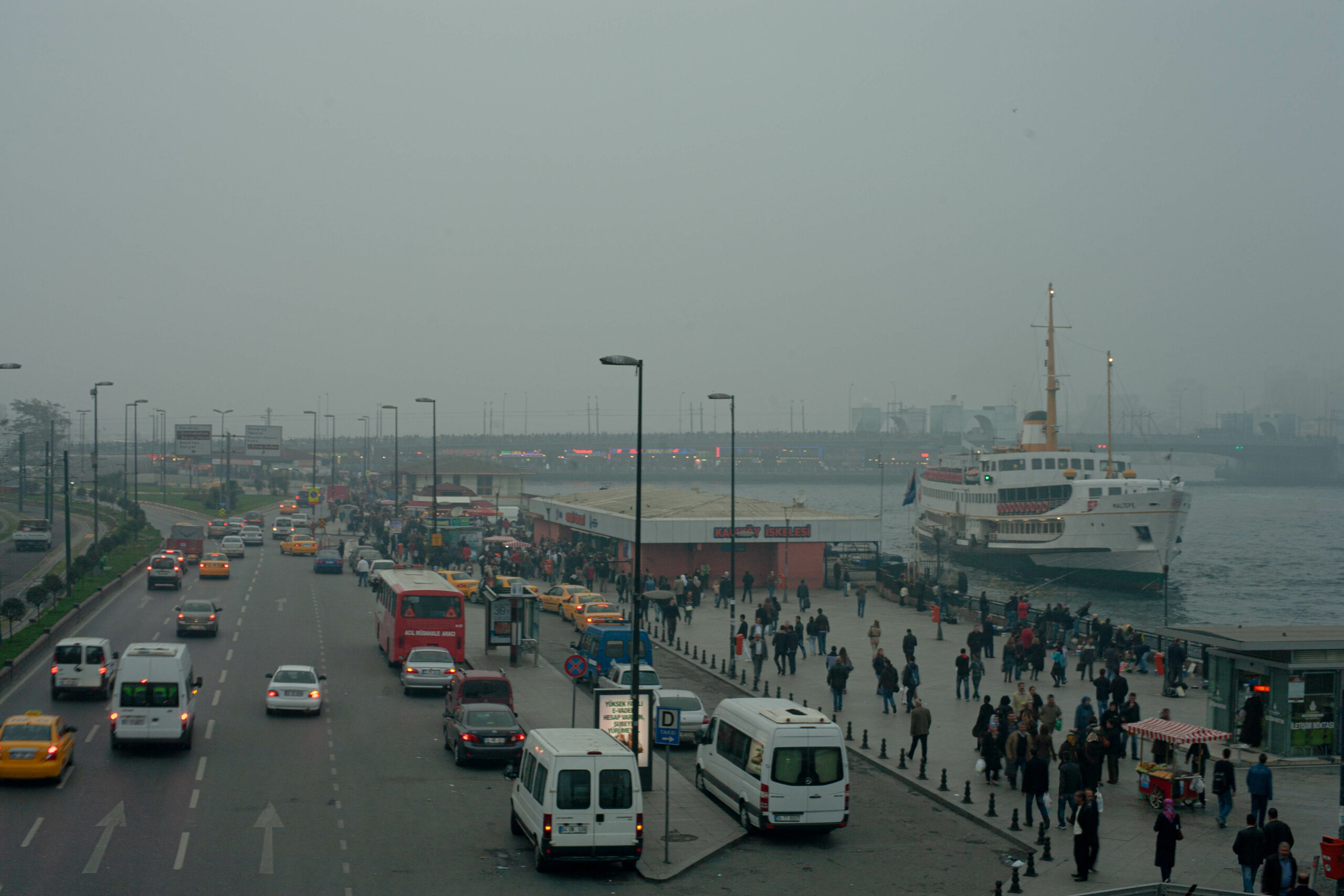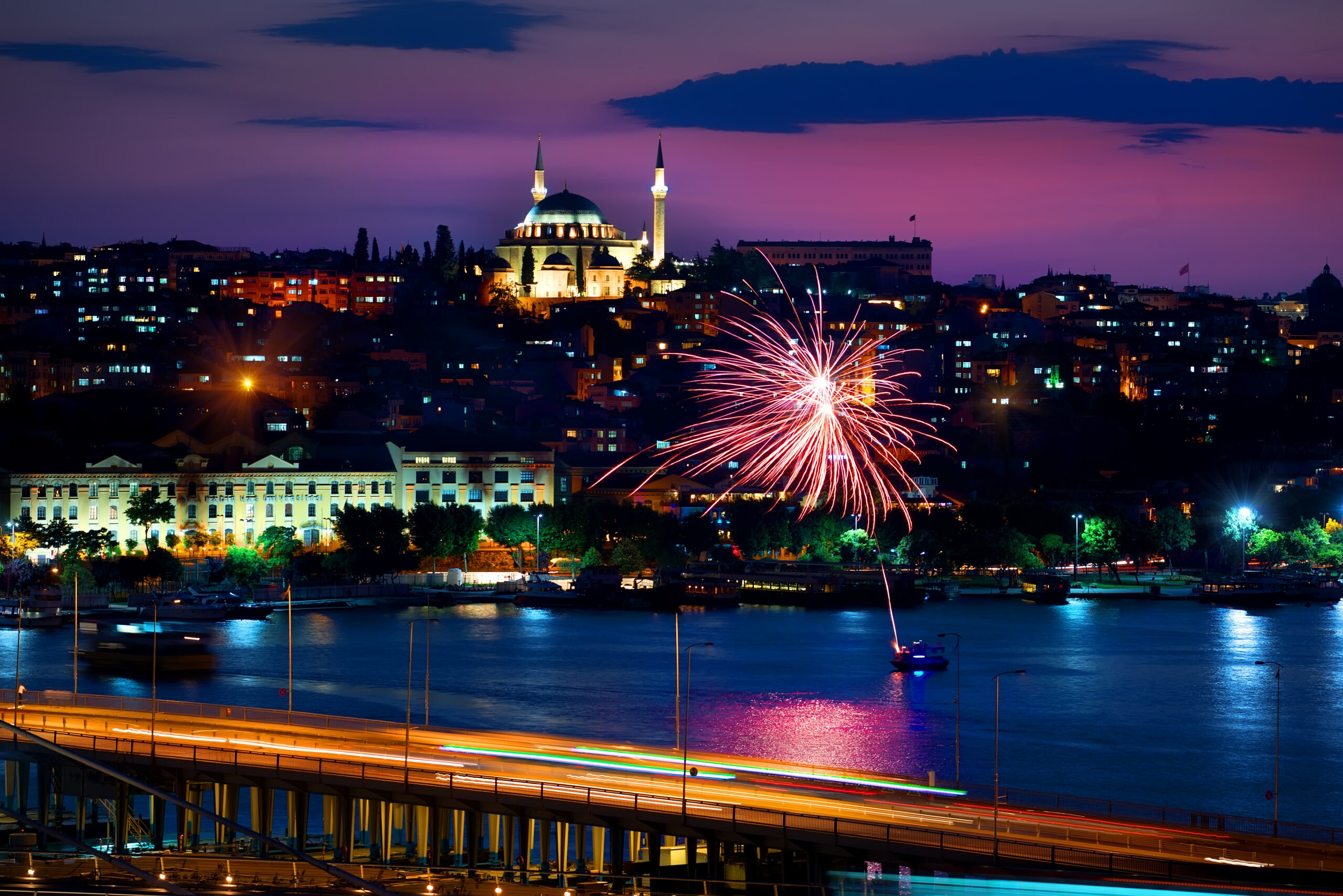Understanding the Current Political Situation
Political Parties and Leaders
The ruling Justice and Development Party (AKP) led by President Recep Tayyip Erdoğan has been in power since 2002. They have a conservative and economically liberal stance.
The main opposition party, the Republican People’s Party (CHP), embodies more secular and left-leaning ideologies.
Key Changes and Challenges
- 2017 Constitutional Referendum: This shifted Turkey from a parliamentary to a presidential system, concentrating executive power in the President’s hands. This marked a significant restructuring of the government and raised concerns about checks and balances.
- Economic Struggles: Economic fluctuations and high inflation have been recurring concerns. There’s also an increased dependence on external financing and exposure to foreign currency risks.
- Human Rights and Freedom of Press: There’s international concern about human rights abuses, the treatment of political prisoners, restrictions on freedom of the press, and crackdowns on opposition media.
- Relationship with the EU and NATO: Turkey’s relationships with Western allies have experienced tensions, notably due to regional policies, arms purchases, and differing stances on regional conflicts.
Kurds and Ethnic Minorities
The ongoing situation with Kurdish minority rights and conflicts in the southeastern part of the country continues to be a delicate issue. The government’s attempts at peace talks with the PKK have faltered, and tensions have escalated. Minority rights for other ethnic groups, like the Alevis, have also been contentious.
Historical Context: The Last Two Decades
- 2002: Rise of AKP, marking a shift away from a secular political establishment to a more conservative orientation.
- 2013: Gezi Park protests reflecting underlying discontent with the government over urban development, freedom of speech, and other democratic ideals.
- 2016: Failed coup attempt, leading to significant purges in the military, judiciary, and civil service, and a state of emergency that lasted two years.
- 2017-2018: Economic Challenges and Currency Crisis – Turkey experienced a severe economic downturn and currency crisis during these years. Inflation rates soared, and the Turkish lira plummeted in value, partly due to political instability, poor economic management, and tensions with the United States.
- 2020: Hagia Sophia Conversion – In July 2020, President Recep Tayyip Erdoğan announced the conversion of Hagia Sophia, a UNESCO World Heritage site in Istanbul that had been a museum since 1935, back into a mosque. This decision sparked international controversy and discussions about Turkey’s secular and religious heritage.
- 2024: Spring Elections Surprise – In the spring of 2024, Turkey’s general elections yielded a surprising outcome, with the Republican People’s Party (CHP) gaining significantly more seats than anticipated. This shift indicated a substantial change in voter sentiment and hinted at potential shifts in Turkey’s political landscape. The election results were viewed as a response to ongoing economic difficulties and dissatisfaction with the incumbent government’s policies. This surge for the CHP suggested a rejuvenated opposition and possibly a pivot towards more progressive and secular policies in Turkey.
Political Aficionados, Please Remember:
- Respect national sensitivities. Turkey has stringent laws on defaming or insulting the country’s leaders, the flag, or Atatürk, the nation’s founder.
- Social media ≠ free speech. In the past 10-15 years, freedom of speech has become a constrained commodity in Turkey. Journalists like Ahmet Şık have faced jail time for probing too deeply into politics, while politicians like Selahattin Demirtaş have been imprisoned on disputed charges. Foreign residents should tread carefully, especially online. Open criticism, even for the non-famous, can lead to repercussions. While you may be tempted to share your views openly, it might be wise to dance around certain topics or choose the privacy of close friendship to voice opinions. In Turkey, sometimes silence, or at least discretion, is golden.
- Understanding local customs and traditions will help you better understand politics, as well as navigating daily life.
- Listen more, speak less. Understand diverse perspectives without imposing your own views.
- Avoid contentious Issues. If unsure about sensitivities, steer clear of topics like the Kurdish issue or the Armenian Genocide.
- Follow the lead of your hosts. If political topics arise, allow your local friends to guide the conversation’s tone and content.
Living in Turkey means navigating a complex and multi-layered political environment. A respectful understanding of the country’s political history, current challenges, and local sensitivities is key for a more harmonious stay. This guide offers a two-minute snapshot of politics, providing just a foundation—nothing can replace engaging with real-life local perspectives.
 Atatürk Memorial Day - photograph by Tan Kurttekin
Atatürk Memorial Day - photograph by Tan Kurttekin



